If you are sick and have been diagnosed with COVID-19 or a health care provider suspects you have COVID-19 and you are waiting for test results, follow the steps below to help prevent the disease from spreading to people in your home and community.
Stay home except to get medical care
People with COVID-19 should not return to work or other activities until cleared by public health. You should restrict activities outside your home, except for getting medical care. Do not go to work, school, or public areas. Avoid using public transportation, ride-sharing, or taxis.
Call ahead before visiting your doctor
If you have a medical appointment, call the healthcare provider and tell them that you have or may have COVID-19. This will help the healthcare provider’s office take steps to keep other people from getting infected or exposed.
Wear a mask or face covering
You should avoid all contact with others unless it is for medical purposes. If you absolutely have to have contact with others, then you should wear a mask or face covering. However, please be aware that wearing a mask does not eliminate the possibility that you will spread COVID-19 to other people.
Cover your coughs and sneezes
Cover your mouth and nose with a tissue when you cough or sneeze, or sneeze into your elbow if you are wearing long sleeved clothing. Throw used tissues in a lined trash can; immediately wash your hands with soap and water for at least 20 seconds or clean your hands with an alcohol-based hand sanitizer that contains at least 60 to 95% alcohol, covering all surfaces of your hands and rubbing them together until they feel dry. Soap and water is preferred if hands are visibly dirty.
Avoid sharing personal household items
You should not share dishes, drinking glasses, cups, eating utensils, towels, or bedding with other people or pets in your home. After using these items, they should be washed thoroughly with soap and water.
Clean your hands often
Wash your hands often with soap and water for at least 20 seconds. If soap and water are not available, clean your hands with an alcohol-based hand sanitizer that contains at least 60% alcohol, covering all surfaces of your hands and rubbing them together until they feel dry. Soap and water is preferred if hands are visibly dirty. Avoid touching your eyes, nose, and mouth with unwashed hands.
Clean all high-touch surfaces every day
High touch surfaces include counters, tabletops, doorknobs, bathroom fixtures, toilets, phones, keyboards, tablets, and bedside tables. Also, clean any surfaces that may have blood, stool, or body fluids on them. Use a household cleaning spray or wipe, according to the label instructions. Labels contain instructions for safe and effective use of the cleaning product including precautions you should take when applying the product, such as wearing gloves and making sure you have good ventilation during use of the product.
Monitor your symptoms
Seek prompt medical attention if your illness is worsening (e.g., difficulty breathing). Before seeking care, call your healthcare provider and tell them that you have, or are being evaluated for, COVID-19. Put on a mask before you enter the facility. These steps will help the healthcare provider’s office to keep other people in the office or waiting room from getting infected or exposed. Ask your healthcare provider to call the local or state health department to discuss your situation. If you have a medical emergency and need to call 911, notify the dispatch personnel that you have, or may have COVID-19. If possible, put on a mask before emergency medical services arrive.
Discontinuing home isolation
Patients with confirmed COVID-19 should remain under home isolation precautions until the risk of secondary transmission to others is thought to be low. The decision to discontinue home isolation precautions will be made on a case-by-case basis, in consultation with health care providers and state and local public health officials.



